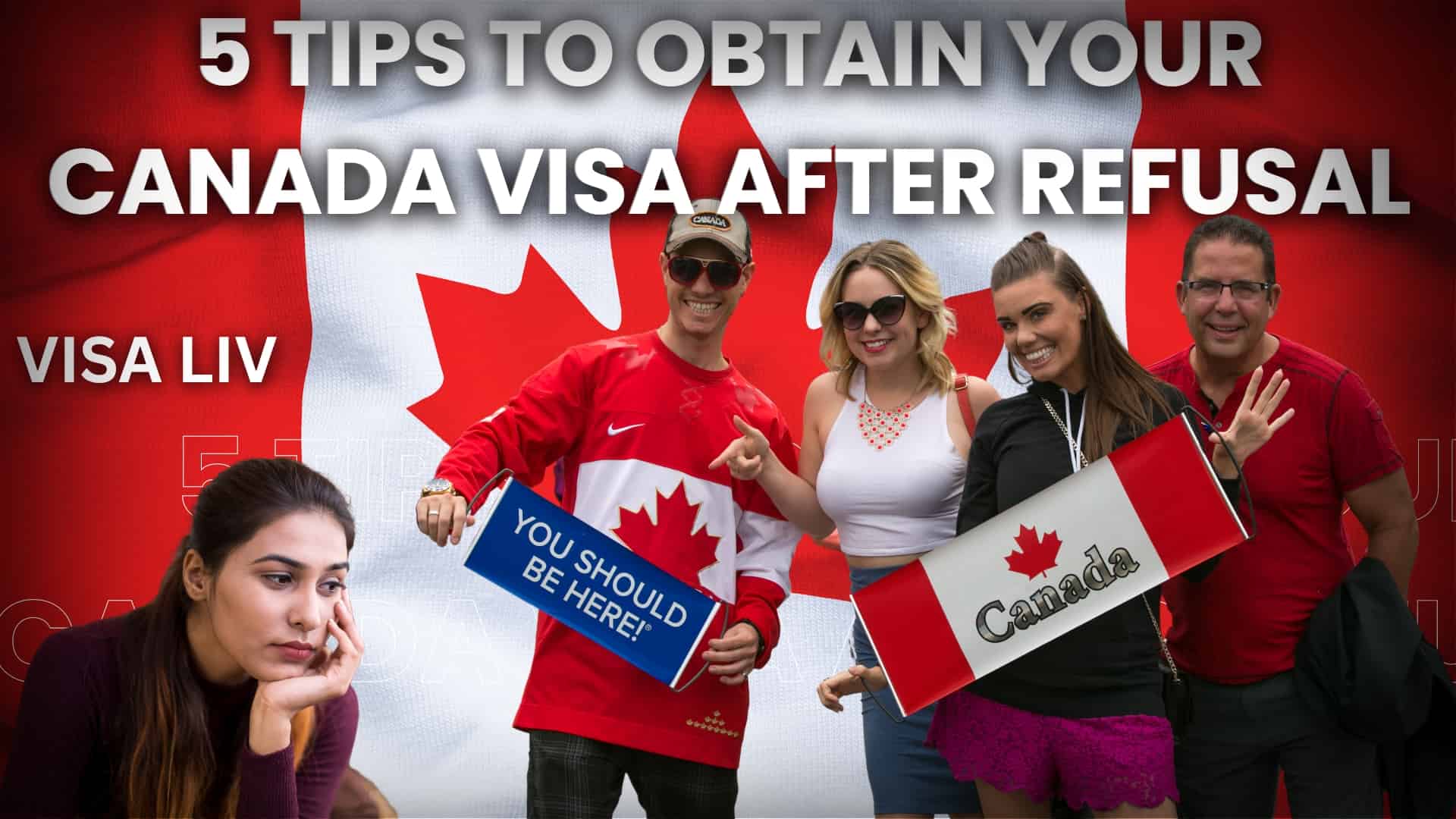Facing a Canada visa refusal can be frustrating and discouraging, but it’s crucial to understand that a refusal doesn’t mean your chances of visiting Canada are over. Many applicants are successful in their second attempt after addressing the concerns that led to the initial refusal. Here’s how you can turn a refusal into an opportunity by improving your application and increasing your chances of success.
- Understand the Reasons for Refusal
The first and most important step is to carefully review the reasons for your refusal, as outlined in the letter from the immigration officer. These reasons typically stem from incomplete documentation, insufficient proof of financial stability, or doubts about your intention to return to your home country. Understanding the specific issues that led to the refusal is critical for improving your next application. If the refusal letter lacks clarity, consider requesting your GCMS notes (Global Case Management System), which will provide deeper insights into the officer’s decision-making process.
- Provide Stronger Supporting Documentation
A common reason for visa refusals is incomplete or weak supporting documents. When you reapply, ensure you provide comprehensive evidence to address all the concerns raised. This could include updated financial statements, employment letters, property ownership, family connections, or other relevant documents that prove your ties to your home country. Strengthening these aspects of your application will demonstrate your genuine intentions and improve your chances of success.
For more information about visitor visas and the required documents, refer to our guide on the Canada Visitor Visa process.
- Strengthen Your Proof of Ties to Your Home Country
A common concern among visa officers is whether the applicant intends to return to their home country after their stay in Canada. To address this, you must demonstrate strong ties to your home country. This could include proof of family obligations, full-time employment, ownership of property, ongoing business activities, or educational commitments. The stronger your case for returning, the more likely it is that the immigration officer will be convinced of your intent to leave Canada after your visit.
- Seek Professional Guidance
Applying for a visa can be a complex process, especially after experiencing a refusal. Seeking the help of an immigration consultant or lawyer who specializes in Canadian visas can be extremely beneficial. They can offer tailored advice based on your specific situation, helping you strengthen your application and address any concerns raised in the refusal letter. Professional guidance ensures that you don’t overlook any critical details in your reapplication.
- Avoid Repeating Past Mistakes
When reapplying, it’s important to avoid making the same mistakes that led to the initial refusal. This means carefully reviewing all the documentation and ensuring that your case is presented clearly and thoroughly. Double-check that all forms are completed accurately, that your supporting documents are consistent, and that your application addresses every concern raised in your refusal letter.
Conclusion
Receiving a Canada visa refusal can be a major setback, but IT IS IMPORTANT TO RE-APPLY after understanding the reasons for the refusal and improving your application. By taking the necessary steps to address the issues, providing stronger documentation, and seeking professional help, you significantly improve your chances of approval. Don’t give up on your Canadian dream—apply again with a more compelling application.
If you’re looking for more guidance on the Canada visa process, check out our detailed page on Canada Visitor Visa for the latest information and expert tips.

